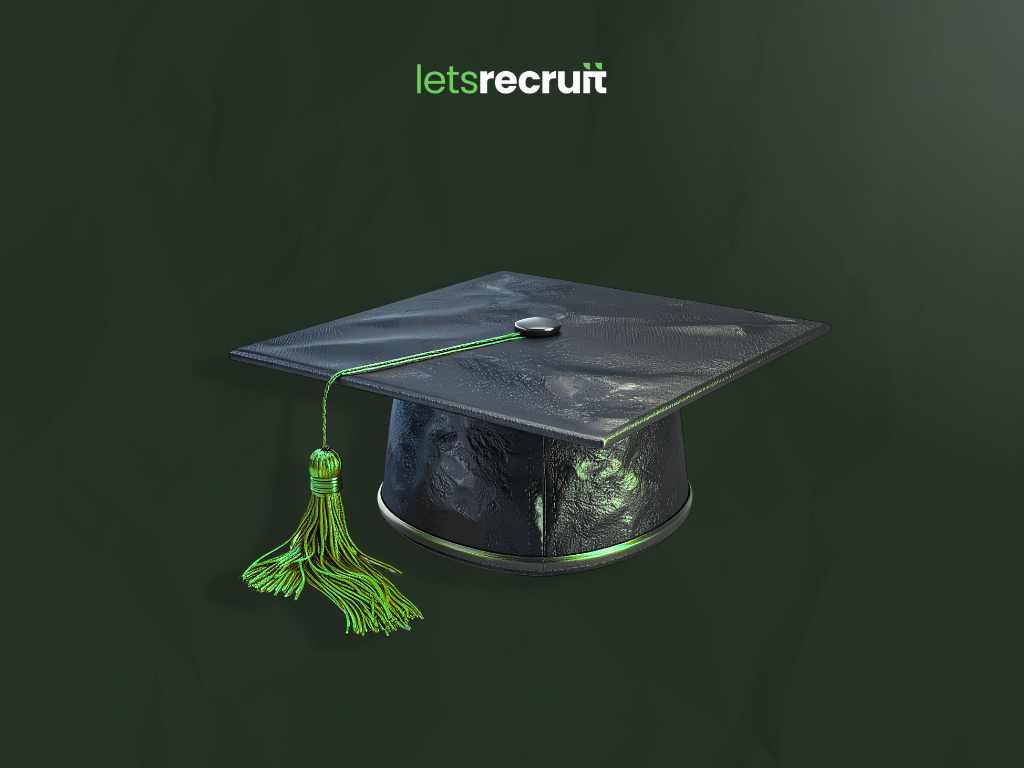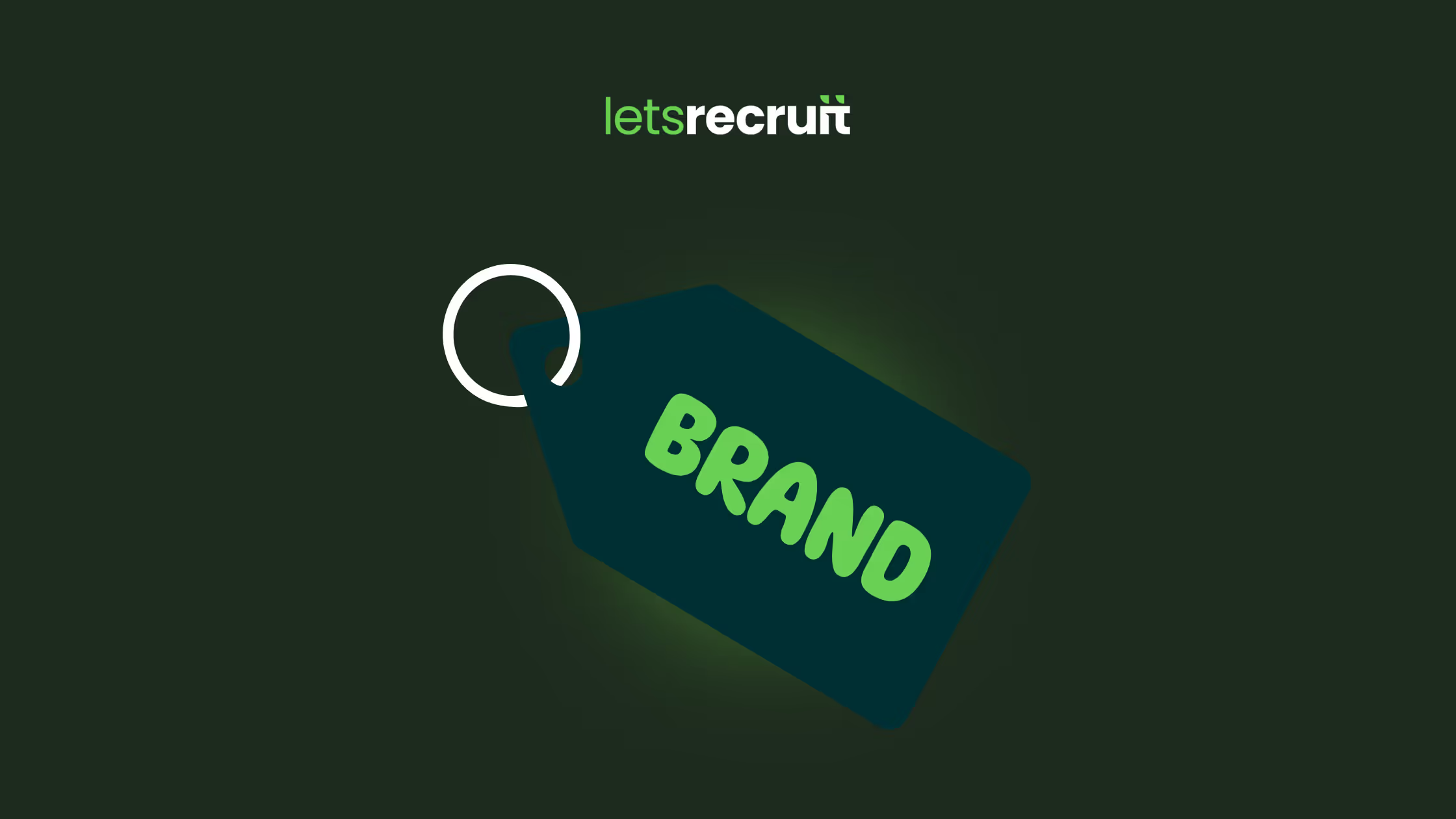AI has become a major talking point over the past few years, with businesses steadily integrating it into their daily operations. What began with simple chatbot interactions, replacing traditional phone calls has quickly evolved into fully AI-generated social media posts and even complete video productions.
As this technology continues to advance across every industry, it raises an important question: What impact is AI having on recruitment?
The shift in the hiring process
The recruitment process has seen significant changes with the rise of AI. Many companies now use AI-powered systems to filter and manage applications. While this approach is both time and cost-effective, estimated to cut the costs of hiring a candidate by up to 71%, it can present new challenges for job seekers.
Screening systems
Traditionally, applicants might expect their CV to land in front of a hiring manager or HR professional. But today, it's increasingly likely that the first reviewer will be an AI tool.
These tools, known as applicant tracking systems (ATS), scan CVs to find matches between a candidate's skills and the job description. While they help employers handle large volumes of applications efficiently, they've also reshaped the way candidates write their CVs.
From a company's perspective, ATS tools streamline recruitment by identifying strong matches quickly. But there's a downside: these systems often rely on rigid rules. If your CV doesn't include the exact keywords or qualifications listed in the job ad, your application might never make it to a human reviewer.
At Lets Recruit, we believe that if you have the core skills, everything else can be learned. Unfortunately, AI tools can overlook potential. They remove the 'grey area'—the space where people with promise but less experience could once be considered. This contributes to the age-old job search paradox: you need experience to get experience, but you can't get experience without being given a chance.
How to use screening systems to your advantage
With nearly half of large companies (48% according to StandOut CV, 2025) now using AI in their hiring process, it's essential to write with these systems in mind.
Here are a few ways to increase your chances of getting past the first hurdle:
- Tailor your CV to each role by aligning your language with the job description
- Use keywords from the ad that match your experience and skills
- Be specific about achievements and qualifications, avoiding vague or overly creative phrasing
- Keep formatting simple, as overly designed CVs can confuse ATS tools.
The effect that AI has had on hiring
AI is only going to be used more and more in everyone's everyday lives. Both Employees and candidates are seeing issues emerge with the use of AI.
Recruiters now worry that they are being given AI CVs and cover letters, and candidates are tailoring their applications for maximum AI keyword hits as they worry they are being judged by algorithms and code rather than humans.
This has created a level of distrust between candidates and employers that needs to be rectified. AI is not going away as it is too convenient a tool not to use in processes to eliminate repetitive tasks or completely eliminate some tasks.
The challenge the recruiting industry now faces is not how to stop AI but how to properly implement it into the hiring process for the best results on both sides.
Lets Recruit's view on AI
At Lets Recruit, we don't use AI in our candidate processes. We value your personality just as much as your skills.
One of the key flaws of ATS systems is that they focus purely on data, your past roles, skills, and experience. If your profile doesn't perfectly match the criteria, it's often filtered out without consideration.
We take a different approach. We always speak with you first to fully understand your goals and personal circumstances.
Working with a recruitment agency gives you an edge. As your representative, we communicate with employers on your behalf, advocate for your strengths, and help position you for success in the right role.
For advice on writing a CV that Recruiters will love, click here.
Conclusion
AI is transforming recruitment in powerful but complex ways. While it brings efficiency and speed, it also highlights the need for a more balanced approach—one that values people as much as processes. For job seekers, adapting to these changes is key, but so is working with recruiters who prioritise human connection.

.avif)


.png)
